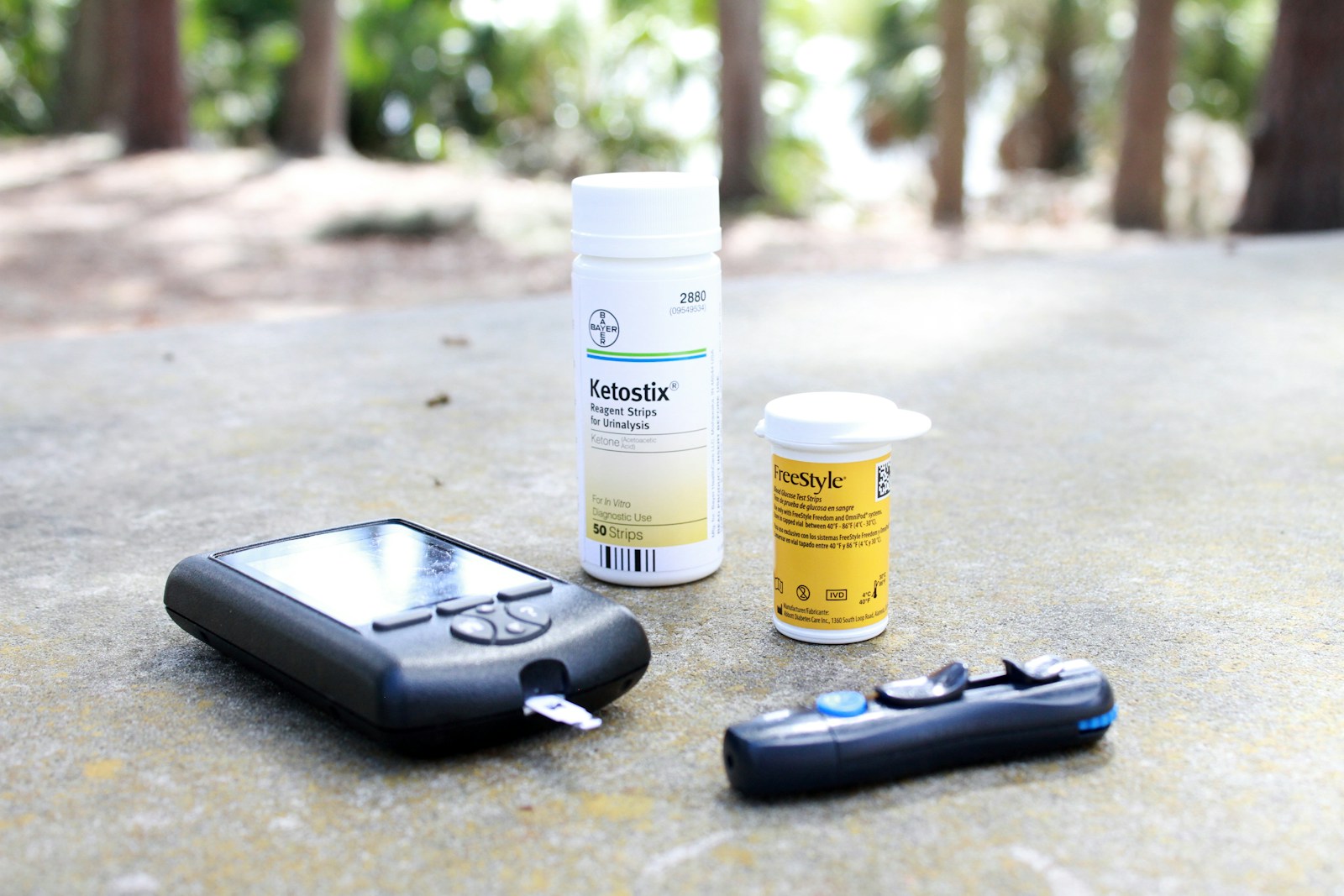In today’s data-driven world, the value of data cannot be overstated, especially in business intelligence, where it is crucial for spotting trends and driving strategic decisions. For the healthcare sector, however, data presents unique challenges.
While healthcare businesses need data to enhance growth, efficiency, and patient outcomes, they must navigate a complex landscape of regulations designed to protect patient privacy and security. This dichotomy of data in healthcare defines unique data management challenges.
Collecting Patient Data
The Health Insurance Portability and Accountability Act (HIPAA) is the cornerstone of patient data protection in the United States. HIPAA sets the standard for protecting sensitive patient information and mandates that healthcare providers, insurers, and their business associates implement rigorous safeguards. This regulation significantly impacts how data is collected, stored, and shared within the healthcare industry.
Despite these stringent requirements, the collection of patient data remains a fundamental aspect of healthcare operations. Accurate and comprehensive data collection is essential for diagnosing medical conditions, developing treatment plans, and ensuring continuity of care. Moreover, patient data collection supports public health initiatives, research, and the overall improvement of healthcare services. Without this data, healthcare providers would struggle to deliver effective and personalized care to their patients.
Protecting Patient Data
In the realm of healthcare IT, the protection of digital data is paramount. Healthcare organizations handle vast amounts of sensitive information, making them prime targets for cyberattacks. Therefore, IT systems in healthcare must adhere to strict security protocols to safeguard patient data from unauthorized access, breaches, and other cyber threats.
Integrating healthcare IT systems with other data solutions, such as invoicing, customer relationship management (CRM), and business intelligence (BI), presents additional challenges. These systems are not always designed with the same level of security required for healthcare data, creating potential vulnerabilities. Healthcare centers must carefully select the best healthcare IT company that can provide tailored solutions meeting the stringent requirements of data protection. The right IT partner will ensure seamless integration while maintaining the highest standards of security and compliance.
Driving More Intelligence from Patient Data
Artificial Intelligence (AI) is revolutionizing the healthcare sector, offering advanced support for diagnosis, treatment planning, and predictive analytics. AI systems can analyze vast amounts of data quickly and accurately, providing insights that are beyond human capabilities. This technology holds the promise of significantly improving patient outcomes and operational efficiency in healthcare.
However, implementing AI in healthcare requires meticulous attention to data protection and privacy. AI systems must comply with HIPAA regulations, ensuring that patient data remains secure and confidential. This careful implementation is necessary to prevent breaches and maintain patient trust.
The necessity of AI in healthcare is underscored by the sheer volume of data generated daily. Healthcare providers are inundated with information from electronic health records (EHRs), medical imaging, lab results, and patient monitoring systems. Manually processing and analyzing this data is impractical. AI can handle this deluge of data, extracting valuable insights and enabling healthcare professionals to make informed decisions swiftly.
Balancing the dual imperatives of leveraging data for business intelligence and adhering to stringent regulations is a complex but critical task for the healthcare sector. Effective data collection, robust protection measures, and the intelligent application of AI are essential components of modern healthcare operations. This delicate balancing act is vital for the continued growth and efficiency of the healthcare industry.
